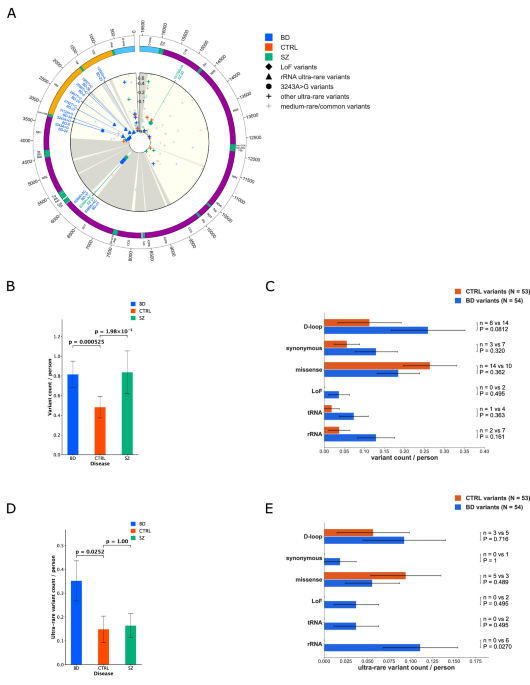Yong Chen, a senior fellow at the Leonard Davis Institute (LDI) and a professor at Penn Medicine, has been awarded an $8 million grant from the National Institute of Mental Health to improve mental health diagnostics using artificial intelligence (AI) and machine learning (ML). Over the next five years, Chen will lead a multidisciplinary team in a project named IMPACT-MH (Individually Measured Phenotypes to Advance Computational Translation in Mental Health), which aims to develop more accurate psychiatric classifications and enhance treatment personalization.
The funding is part of a larger $150 million initiative involving collaboration with Yale University and the Mayo Clinic. Chen’s role will focus on coordinating data collection and analysis across eight teams, which will explore novel clinical patient profiles based on behavioral measures and computational methods.
“The IMPACT-MH project seeks to implement precision medicine in mental health, where variability among patients complicates treatment,” Chen explained. “By integrating diverse data types—behavioral, clinical, and biological—we aim to create detailed patient profiles that will allow for more personalized and effective mental health care.”
Currently, mental health practitioners often face challenges due to broad diagnostic categories that do not capture the complexities of individual patients. Standard diagnostic tools, such as checklists and interviews, tend to overlook the unique symptoms and treatment responses of patients with similar diagnoses. The project intends to address this issue by refining the concept of ‘phenotype’ in mental health, which encompasses both observable symptoms and biological indicators such as brain imaging results and hormone levels.
Chen emphasized that the clinical phenotype will provide a comprehensive view of a patient’s condition across various domains, ultimately enabling clinicians to predict treatment responses better, monitor patient progress, and tailor treatment strategies accordingly.
For example, in real clinical scenarios, clinicians could leverage these detailed patient profiles to anticipate how specific individuals might respond to different interventions. This approach aims to reduce diagnostic variability, improve treatment outcomes, and foster a more personalized care environment.
The project marks a significant shift in mental health research, as it not only incorporates advanced computational techniques but also emphasizes collaboration across institutions to set new benchmarks for mental health data collection and analysis. This initiative could lead to a transformative change in how mental health conditions are diagnosed and treated, ultimately benefiting patients through more accurate and tailored therapeutic approaches.




I’d personally also like to say that most people who find themselves without the need of health insurance usually are students, self-employed and people who are without a job. More than half on the uninsured are really under the age of Thirty-five. They do not come to feel they are wanting health insurance simply because they’re young along with healthy. Their own income is usually spent on houses, food, along with entertainment. Lots of people that do go to work either entire or part-time are not given insurance by their work so they go without due to the rising tariff of health insurance in the states. Thanks for the concepts you reveal through this blog.